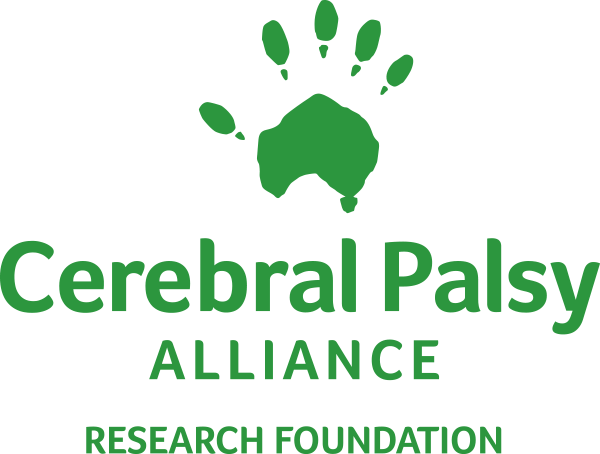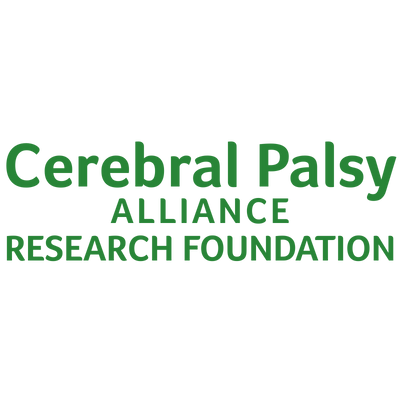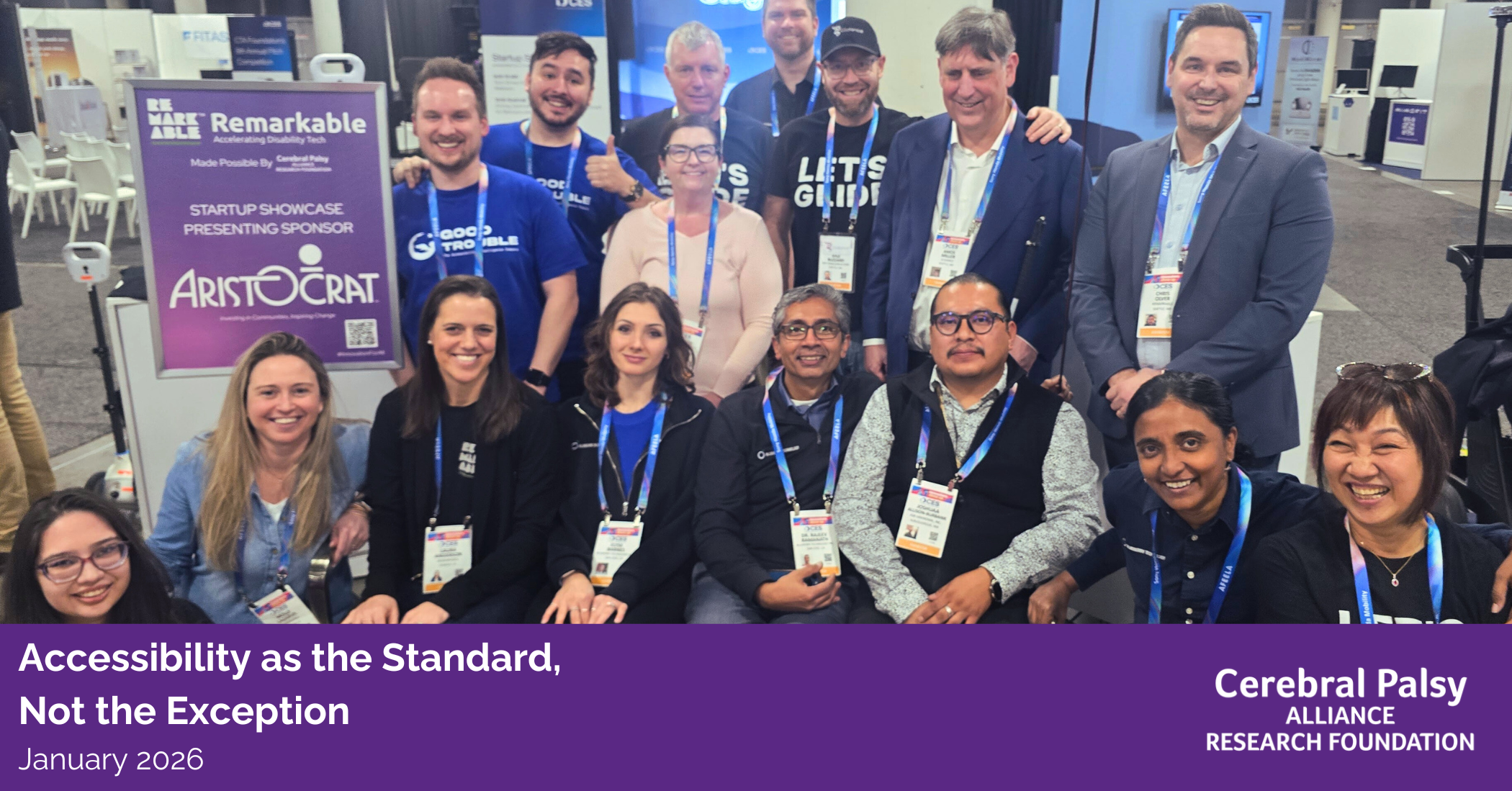
Changing What’s Possible: The Disability Innovation Podcast | Season Three
It’s estimated that anywhere from 75-90% of people with cerebral palsy (CP) have vision problems, and research aimed at better understanding vision in people with CP could help improve care and quality of life for these individuals. To wrap up our third season, Dr. Marie McNeely hosts this Research Roundup episode featuring three recent studies examining aspects of vision in people with CP. These studies highlight that cerebral (brain-level) visual impairment can change over time in people with CP, strabismus is very common in CP and affects millions of people worldwide, and different aspects of a person’s vision relate to and can impact how they move and use their hands.
Jocelyn Cohen, CPARF’s Vice President of Education, emphasizes the relevance of vision research and discusses why these studies matter for people with CP.
The three studies featured in this episode weren’t funded by CPARF, but they represent other interesting, innovative work that investigators are doing in the CP research space.
Links to the abstracts of the studies featured in this episode:
https://pubmed.ncbi.nlm.nih.gov/39316724/
https://pubmed.ncbi.nlm.nih.gov/38635869/
https://pubmed.ncbi.nlm.nih.gov/39018791/
View the transcript for Episode Twenty Three.
Listen and subscribe to learn more about how you or someone you care about can benefit from today’s latest advances in disability tech.
Thanks for listening! We’d love to know what you think of Changing What’s Possible. Please leave us a review on your favorite podcast platform, share your favorite episode with your friends, and help spread the word on social media.
Follow us: Instagram | Facebook | LinkedIn
Check out previous episodes. New episodes are released every Friday.
Wed 11 Feb 2026
An update on one of our most important initiatives: expanding access to life-changing assistive technology for Native Americans with disabilities.
Fri 23 Jan 2026
An update on one of our most important initiatives: expanding access to life-changing assistive technology for Native Americans with disabilities.






